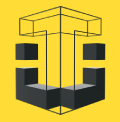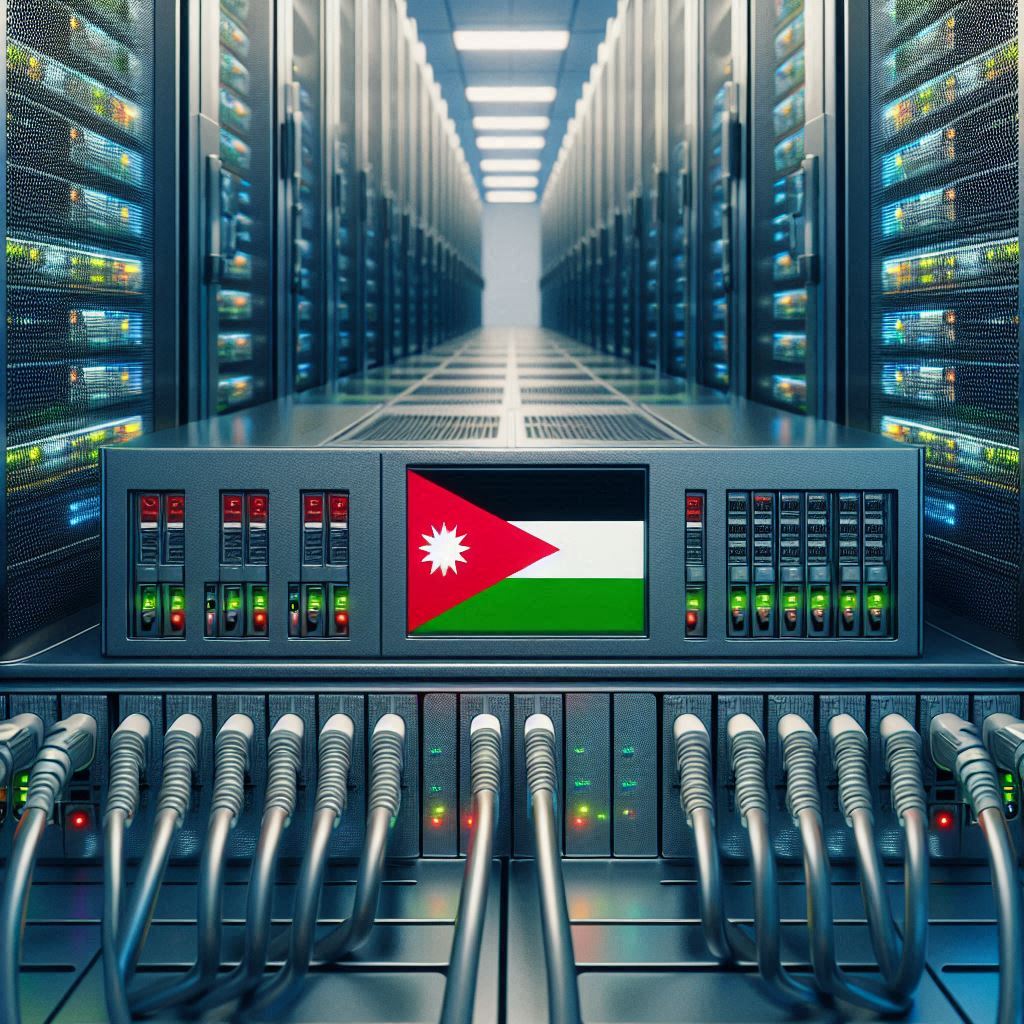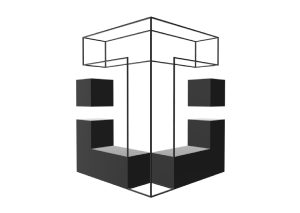Over the past two years, we have witnessed an increasing use of blockchain technology in the humanitarian and relief context, especially in the Arab region, where blockchain has been used to collect donations in emergency responses to the Syria/Turkey earthquake, the Morocco earthquake, the war in Sudan, and the war on Gaza.
In parallel with these small-scale initiatives, major relief organizations began exploring the potential of blockchain in their work. This article sheds light on Oxfam’s Unblocked Cash program, which is a blockchain-powered project to transfer cash aid to communities affected by natural disasters and the COVID-19 pandemic, using collateralized stablecoins.
Collateralized stablecoins are cryptocurrencies that are always equal in value to the national currencies of the beneficiary communities, by issuing these currencies with an equivalent cash reserve. For example, for every dollar issued as a digital currency, a real dollar is deposited in the bank to secure the value of the digital dollar.
How Does Unblocked Cash Work?
Oxfam distributes credit card-like vouchers to program beneficiaries, and these cards are loaded with a balance representing the value of the distributed aid. In return, the organization provides local vendors with smartphones installed with the Unblocked Cash app.
When a beneficiary needs a certain commodity, they can go to one of the program’s vendors and purchase their supplies, paying by swiping the card on the vendor’s smartphone.
Early Trials
In cooperation with Web3 company ConsenSys and fintech company Sempo, Oxfam launched a pilot version of the Unblocked Cash program in the 80-island nation of Vanuatu in the Pacific Ocean. Over time, the project was expanded after the successful pilot.
Oxfam and its partners distributed $2 million through the program to 35,000 beneficiaries. The program helped reduce the cash aid delivery time by 96%, lowered the cost of distribution by 75%, and achieved a 96% satisfaction level among beneficiaries. After success in Vanuatu, Oxfam launched the Unblocked Cash program in Papua New Guinea and Venezuela.
Financial Inclusion and Digital Economy
Part of Unblocked Cash’s success in Vanuatu was due to the country’s weak financial infrastructure, where only 37% of the population has access to banking services. Thanks to blockchain technology, Oxfam was not only able to deliver aid to those excluded from the banking system, but also to do so with a high level of transparency and the ability to track aid in real-time.
The Unblocked Cash program won the Relief category of the EU’s Horizon Prize for Blockchain for Social Good in 2020, as well as the Inclusion and Empowerment category at the World Summit Awards that same year.





